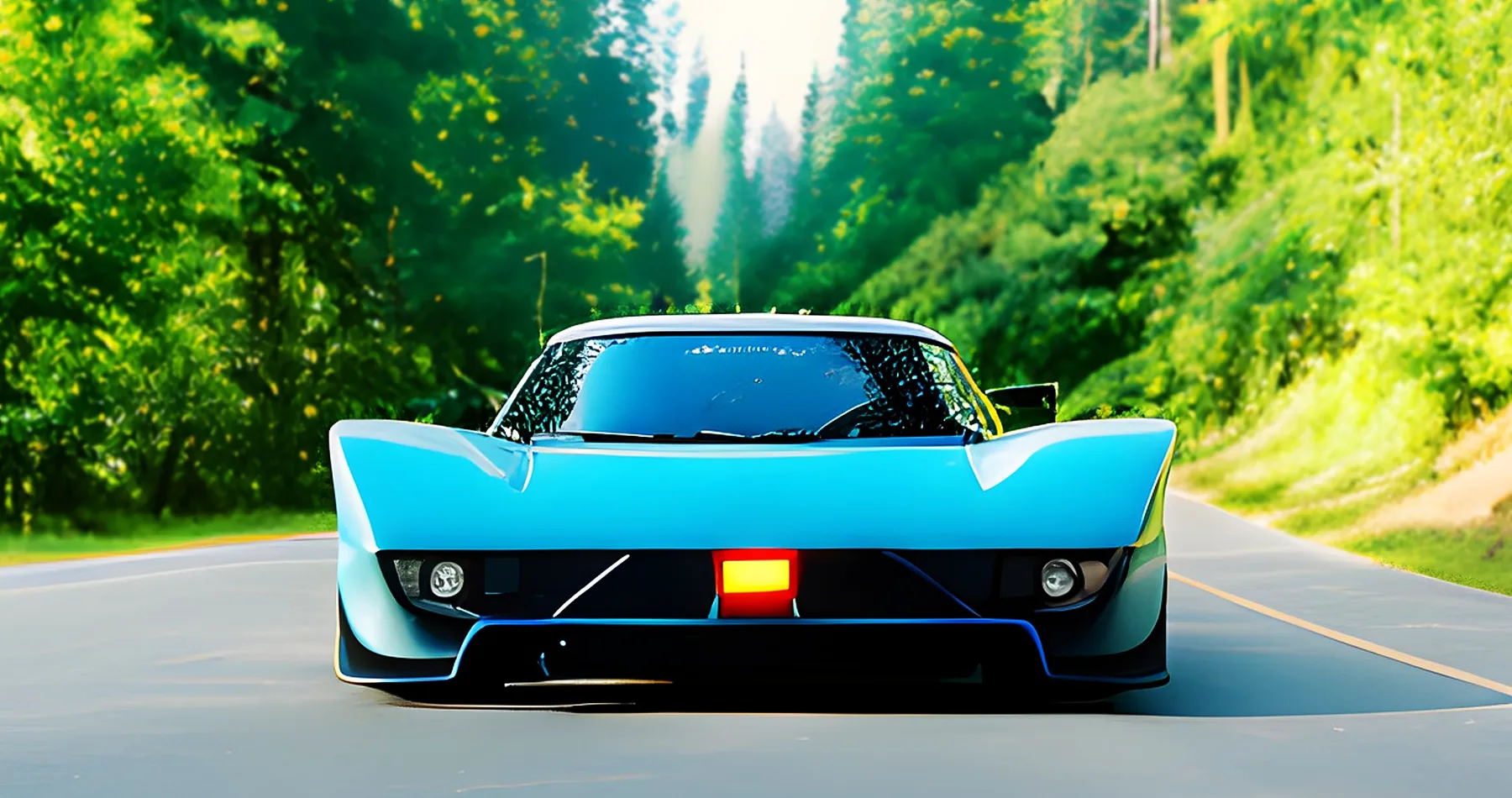Exotic cars epitomize automotive excellence with their captivating designs and exhilarating performance. One of the considerations for potential buyers in this niche market is the vehicle’s ability to retain its value over time. In this comprehensive exploration, we dissect the intricate factors of the resale value of exotic cars, shedding light on the nuanced interplay between luxury, rarity, technology, and market dynamics.
Do exotic cars hold their value?
Exotic cars, which are known for their high performance, luxury, and limited production, frequently face unique challenges that affect their resale value. While individual models may vary, exotic cars generally depreciate more quickly. It’s worth noting that some exotic cars can become collector’s items over time, increasing in value. The following factors influence the value of exotic cars.
Initial Depreciation
High Initial Depreciation
Exotic cars, like their mainstream counterparts, often experience substantial depreciation in the early years of ownership. It can be several factors, including the high initial purchase price, rapid advancements in automotive technology, and the allure of owning the latest models. Buyers who seek the cutting-edge features and performance associated with exotic cars are often willing to pay a premium, contributing to an initial spike in depreciation.
Luxury Appeal as a Mitigating Factor
Despite the initial depreciation, exotic cars benefit from their inherent luxury appeal, which helps mitigate the severity of value decline. The premium materials, bespoke craftsmanship, and exclusive designs of these vehicles create a sense of exclusivity that resonates with discerning buyers. As a result, the luxury appeal acts as a stabilizing force, cushioning the car against a more dramatic devaluation.
Rarity and Limited Production Runs
Limited Production Enhancing Desirability
Exotic car manufacturers often produce their vehicles in limited quantities, deliberately creating a sense of rarity and exclusivity. Limited production runs contribute significantly to the desirability of these cars in the resale market. As demand outstrips supply, owners of exotic cars find themselves in a favorable position, able to command higher prices compared to mass-produced counterparts.
Collector’s Item Phenomenon
The scarcity of exotic models transforms them into collector’s items, elevating their status in the automotive world. This collector’s item phenomenon further solidifies the resale value of exotic cars, as these sought-after models become increasingly rare and valuable over time.
Brand Reputation and Heritage: A Pillar of Resale Stability
Brand Reputation as a Driving Force
The reputation and heritage of the brand play a pivotal role in shaping the resale value of exotic cars. Established and esteemed brands with a rich history tend to instill confidence in buyers, influencing their willingness to pay a premium for a vehicle with a prestigious badge. The association with a reputable brand contributes to the stability of resale values, as buyers perceive these cars as enduring symbols of craftsmanship and quality.
Heritage-infused models and Classic Appeal
These models, infused with classic design elements and callbacks to iconic predecessors, often enjoy a timeless appeal. The classic aesthetic combined with the technological prowess of modern iterations can result in a resurgence of value over time, as these models are recognized not just as high-performance vehicles but as works of art with enduring appeal.
Technological Advancements
Initial Impact on Depreciation
Exotic cars are at the forefront of automotive innovation, incorporating cutting-edge technologies into their high-performance capabilities. While this technological prowess is a selling point, it can also be a double-edged sword for resale value. The rapid pace of technological advancements means that newer models often outshine their predecessors, leading to a more pronounced initial depreciation.
Classic Appeal Through Technological Evolution
Paradoxically, technological advancements can contribute to the classic appeal of certain exotic cars. Models significant in technology or groundbreaking features may become revered over time. The initial depreciation may give way to a gradual appreciation as these technological milestones become part of automotive history, appealing to collectors and enthusiasts who value innovation and progression.
Maintenance Costs and Reliability
High Maintenance Costs as a Potential Deterrent
The cost of maintaining an exotic car is a critical consideration for potential buyers. Exotic cars, known for their intricate engineering and specialized components, may incur higher maintenance costs than mainstream vehicles. Models with exorbitant maintenance expenses may experience a more pronounced depreciation as buyers factor in the long-term ownership costs.
